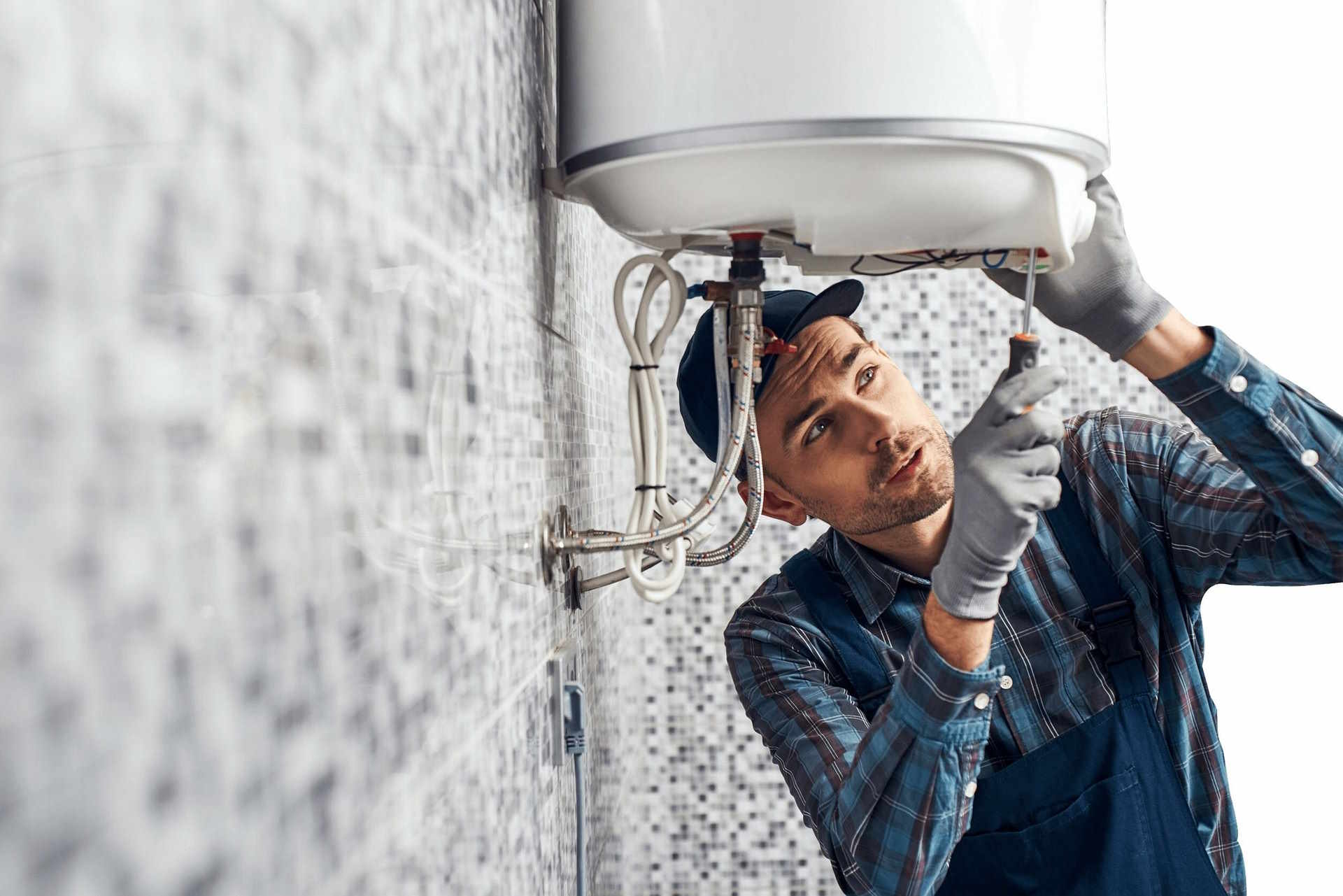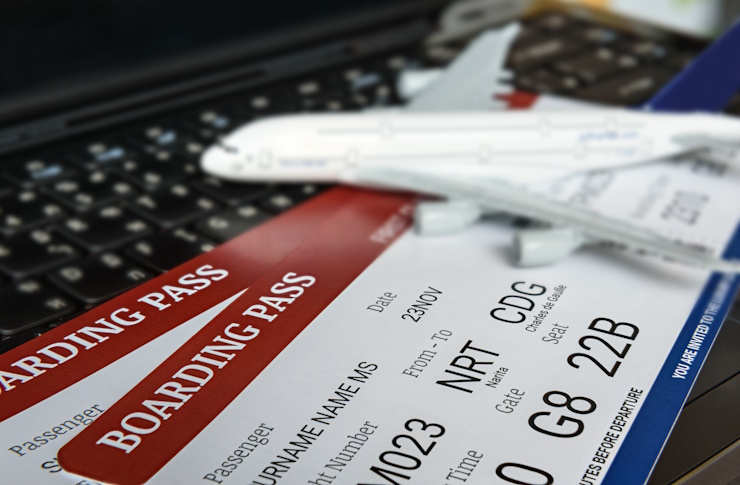A Complete Guide to Water Heater Installation: Steps, Costs, and Tips
Learn the essential steps for installing a water heater, the costs involved, and tips to ensure a safe and efficient setup in your home.

A Comprehensive Breakdown of Water Heater Installation: What to Know
Your water heater is essential equipment that guarantees a warm, comforting shower during chilly mornings. Whether you’re considering a new water heater installation or looking to replace an old unit, understanding the process, costs, and the right choice for you is critical.
Professional Installation vs. DIY: What’s Best for You?
The debate between doing it yourself and hiring a professional is a constant dilemma for homeowners. While DIY may save some money upfront, it requires a certain level of technical know-how, time, and the right tools. On the other hand, a professional installation, though potentially more expensive, offers convenience, expertise, and peace of mind as they’re familiar with local building codes and safety guidelines.
Common Mistakes to Avoid During Installation
When installing a water heater, several pitfalls can lead to inefficiencies or even dangerous conditions. Common mistakes include not considering the correct size of the heater for your home, neglecting safety measures such as the installation of a T&P valve, and improper handling of the gas line. These missteps can lead to poor performance, gas leaks, and even explosions.
Tools and Materials Needed for Installation
Before you begin the installation process, ensure you have the necessary tools and materials at hand. These include a water heater, a hose, a gas line or electrical wires (depending on the type of heater), pipe wrenches, soldering materials, Teflon tape, and a drill.
Step-by-Step Water Heater Installation Process
The installation process involves several steps, starting from removing the old unit, preparing the area for the new water heater, connecting the water lines, and finally, testing the unit for leaks. While the process may seem straightforward, it requires precision and knowledge of different parts of the heater and their functionality.
Types of Water Heaters and Choosing the Right One
There are various types of water heaters, including tankless, storage tank, heat pump, solar, and condensing. Each comes with its unique features, benefits, and drawbacks. Your choice should depend on factors such as your budget, space, energy efficiency requirements, and the size of your household.
Cost Estimation of Boilers and Boiler Repair
If you are considering replacing your current heating system with a boiler or if your home already has one, it’s essential to understand the costs associated with both boiler installation and repair. The average cost of installing a new boiler can range from $3,000 to $7,000, depending on the type and size of the boiler, as well as labor costs in your area.
Breakdown of Boiler Installation Costs:
- Boiler Unit: $2,000 - $5,000
- Labor: $1,000 - $2,000 (varies by region and complexity)
- Additional Materials: $500 - $1,000 (pipes, fittings, etc.)
For boiler repairs, costs can vary significantly depending on the nature of the issue. Basic repairs like a thermostat replacement may cost around $150 to $300, while more extensive repairs, such as replacing a heat exchanger, could range from $800 to $1,500.
Cost Estimation of Common Boiler Repairs:
- Thermostat Replacement: $150 - $300
- Leaking Valve Replacement: $200 - $500
- Heat Exchanger Replacement: $800 - $1,500
- Pump Replacement: $400 - $800
Understanding these costs can help you budget accordingly and avoid unexpected financial strain when managing your heating system.
Please note that all prices mentioned are estimations and for accurate information, we recommend conducting your own research and visiting the providers’ websites directly.
Useful Tips and Facts About Water Heater Installation
- The average lifespan of a water heater is around 10-15 years.
- Regular maintenance can enhance the efficiency and longevity of your water heater.
- Energy-efficient models can help save on utility bills in the long run.
- Always consider professional installation if you’re uncomfortable handling the task yourself.
In conclusion, installing a water heater is a task that requires careful consideration, preparation, and execution. While a professional installation might be a bit more expensive, it guarantees a safe and efficient setup. Always remember that choosing the right type of water heater for your needs and avoiding common installation mistakes can go a long way in ensuring your comfort and safety. Additionally, if you are considering a boiler for your home, understanding the installation and repair costs can help you make informed decisions about your heating options.




